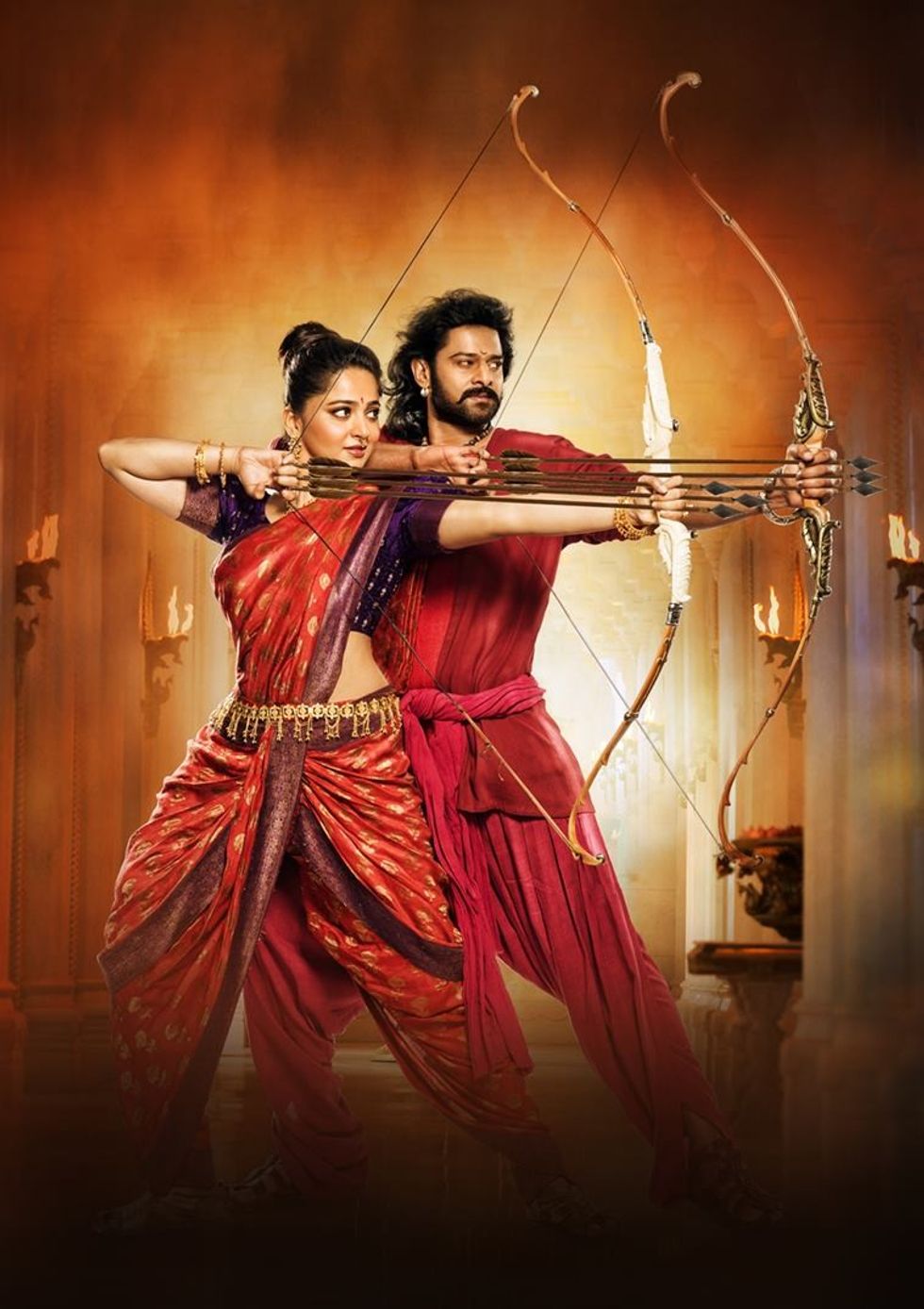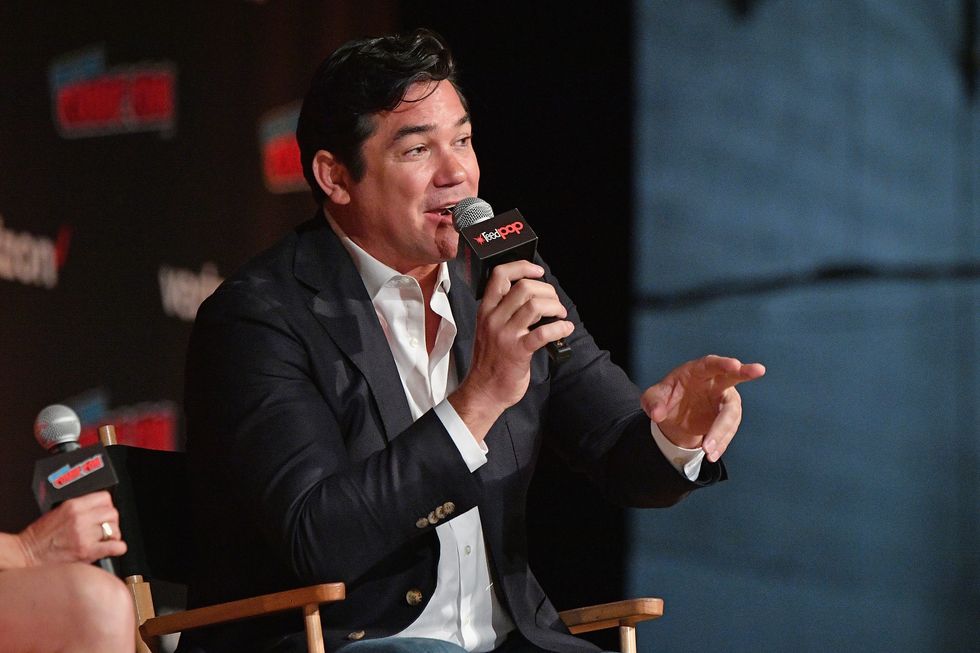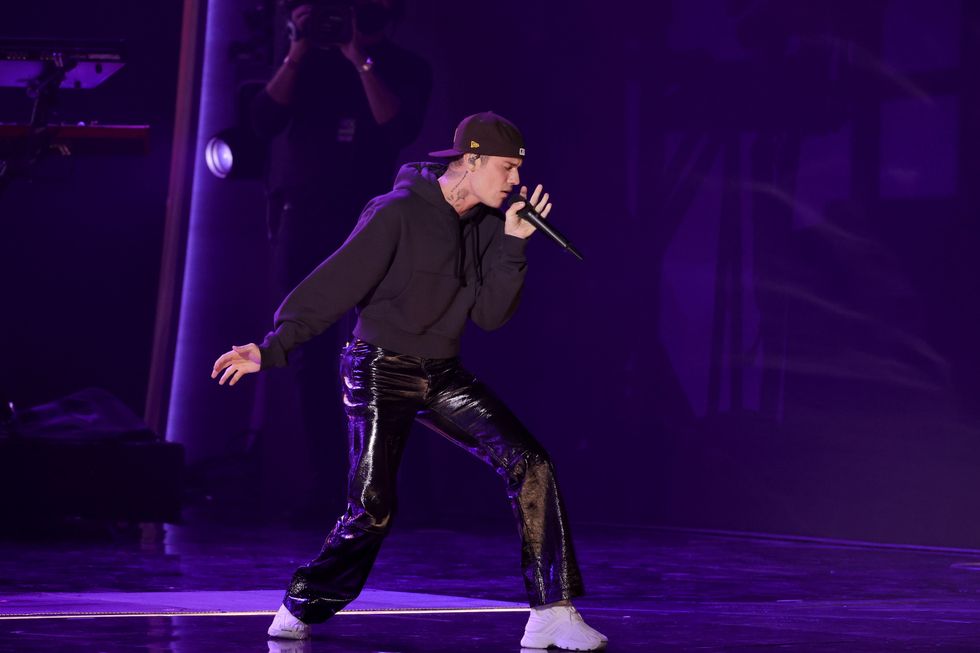ACE British music producer PBN has enjoyed an illustrious career filled with hit songs that have entertained fans worldwide.
Alongside creating chart-topping tracks, he has launched new talent, developed a signature sound, and inspired fellow artists with his dynamic approach.
Recently, he was honoured with an honorary doctorate from Wolverhampton University, followed by the release of his new album, Antidote. One of the standout music releases of the year, Antidote boasts top tracks, talented singers, and tunes that resonate with listeners across generations.
Eastern Eye caught up with the Midlands-based music maestro to discuss his remarkable journey, the new album, his honorary doctorate, the pressure to deliver hits, and his ambitions. He also shared his thoughts on the decline of British Asian music releases and why he believes it’s still an exciting time for the industry.
How do you reflect on your musical journey?
I look back at my career with gratitude and pride for the impact my music has had and how far I’ve come. Never did I imagine that my passion for music would become a full-time career, allowing me to travel the world consistently for over a decade. Performing on stage has been transformative – shifting from being a producer to becoming an entertainer. I’ve grown as both an artist and a person, refining my sound, style, and identity along the way.
Which of your hit tracks are closest to your heart?
Honestly, I don’t have one standout track close to my heart – each song has contributed to my growth. Tracks like Aaj Meh Peeni, Jaan Panjabi, Aashiq, Kaun Nee Jaandah, Fitteh Moo, and Phatte Chuk Di have propelled my brand globally. I’m proud that these songs have become evergreen anthems and remain staples on DJs’ playlists globally.
Did you ever expect to have such a big impact?
Not at all. Music was always a passion, and I didn’t pursue it with an agenda to make money or chase fame. I simply wanted to cre - ate music that resonated with listeners. Over the years, my music has managed to connect with a global audience steadily and con - sistently, and for that, I am deeply grateful.
Did you expect to receive an honorary doctorate?
Never in my wildest dreams. I’ve been fortunate to receive multi - ple industry awards, but receiving an honorary doctorate in music from an academic institution is beyond words.
What was the experience like?
It was an unforgettable experience. The award ceremony is a memory I will treasure for life. Being the first UK Punjabi act to receive this honour is humbling. I’m grateful to my fans and the fellow musicians I’ve collaborated with over the years.
PBN's new albumTell us about your new album.
Antidote is an 11-track studio album featuring collaborations with Master Saleem, Jassi Sidhu, the late Surinder Shinda, Zora Randhawa, Metz N Trix, and rising talent like Rose Bahar.
How does this album compare with your previous work?
I truly believe Antidote is my best body of work to date. What I mean by that is there isn’t a specific lead single – every track resonates equally. This is also my most versatile project, seamlessly blending genres like r’n’b, hip hop, funk, garage, folk, and pop alongside my signature dancefloor records.
Does having so many hits put pressure on you?
Not at all. Having a catalogue of hits is a blessing – it’s something nobody can take away. My focus has always been on creating music that connects with listeners rather than chasing hits.
Who do you hope connects with this album?
This album is a bit of a throwback, not in terms of sound but in its approach. Albums are rare these days, especially in the UK. I hope music purists who appreciate a full body of work connect with it. We’ve even released limited edition vinyls for hardcore fans – something tangible in the digital age.
Why release an album when singles dominate the industry?
I come from an era where albums mattered. Singles have their place, but they lack the longevity and value of a complete album. This album gave me the chance to collaborate and experiment in ways I’ve missed for years.
What inspires you as a music producer today?
I’m constantly inspired by the rise of Punjabi music, which has reached unprecedented heights. Artists like Diljit Dosanjh and Karan Aujla have propelled the genre into the mainstream, selling out stadiums and collaborating with global icons. Their success motivates me to stay active in the scene.
Are you disappointed by the decline in British Asian music releases?
Yes, absolutely. The UK led the scene for more than 40 years, but new markets like Canada and America have taken the lead.
However, I believe this is an exciting time – music is now global, with everything available on the same platform. The reach is limitless, and the possibilities for collaboration are endless.
What’s your greatest musical ambition?
I’ve always wanted to cross over into cinema. I’m a huge fan of movies, especially British films, and would absolutely love the opportunity to score or provide soundtracks for exciting mainstream films.
What advice would you give any aspiring music producers?
Consistency is key. Focus on creating your own sound – don’t be afraid to take inspiration from others, but make sure your music stands out. Collaboration is also crucial for growth and visibility.
What music currently dominates your playlist?
From the Punjabi scene, I’ve been listening to Karan Aujla, Diljit Dosanjh, AP Dhillon, and newcomers like Chani Nattan and Inderpal Moga. I think these guys are creating really cool music at the moment.
On the mainstream side, my playlist features The Weeknd, Burna Boy, Nines, Kendrick Lamar, Travis Scott, and Bruno Mars.
PBN receives an honorary doctorate from Wolverhampton UniversityWhat’s your plan moving forward?
I plan to continue releasing music consistently. I’m in a great place right now – the energy is high. There are exciting collaborations in the pipeline, and I’m looking forward to starting my next project.
Going forward, I want to release albums more regularly. I also plan to explore new genres and spend more time performing in India, possibly with a management deal there.
What does Punjabi music mean to you today?
Punjabi music is more than just sound – it’s a connection to my roots, culture, and identity. Today, it represents a blend of tradition and modernity. It’s about celebrating our past while embracing innovation. Punjabi music is now global.






 Kap’s Cafe in Surrey was struck by gunfire late at night with staff still insideInstagram/
Kap’s Cafe in Surrey was struck by gunfire late at night with staff still insideInstagram/ Kaps Cafe Instagram Story Instagram Screengrab/
Kaps Cafe Instagram Story Instagram Screengrab/ Kaps Cafe Instagram Story Instagram Screengrab/
Kaps Cafe Instagram Story Instagram Screengrab/









 Charithra Chandran styled her hair in soft curls for the Ralph Lauren outfitInstagram/
Charithra Chandran styled her hair in soft curls for the Ralph Lauren outfitInstagram/ Charithra’s look was inspired by her character Edwina Sharma from BridgertonInstagram/
Charithra’s look was inspired by her character Edwina Sharma from BridgertonInstagram/
 Team Baahubali reunites a decade after the first film’s releaseInstagram/
Team Baahubali reunites a decade after the first film’s releaseInstagram/ Baahubali 2
Baahubali 2 
 New ‘Superman’ movie sparks backlash for portraying hero as immigrant symbol Instagram/
New ‘Superman’ movie sparks backlash for portraying hero as immigrant symbol Instagram/ Director James Gunn attends the red carpet for the Superman movie premiereGetty Images
Director James Gunn attends the red carpet for the Superman movie premiereGetty Images  Dean Cain accused Hollywood of going too far with “woke” reinterpretationsGetty Images
Dean Cain accused Hollywood of going too far with “woke” reinterpretationsGetty Images 
 Justin Bieber breaks silence with surprise album Swag amid fan concern over mental healthGetty Images
Justin Bieber breaks silence with surprise album Swag amid fan concern over mental healthGetty Images